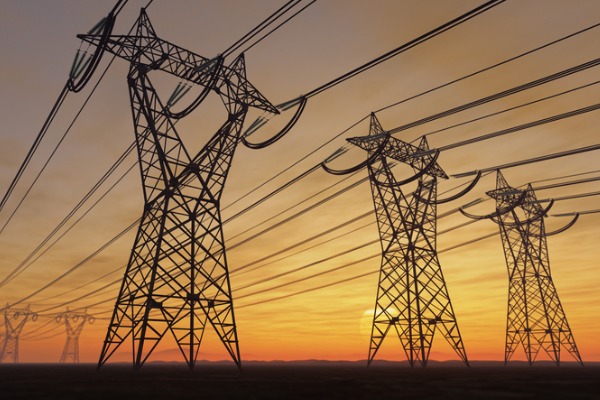ii view: SSE powers down renewable investment spend
Providing exposure to a range of utility operations and targeting increases in the dividend. Buy, sell, or hold?
20th June 2025 12:01
by Keith Bowman from interactive investor

Full-year results to 31 March
- Adjusted earnings per share flat at 160.9p
- Adjusted net debt up 9% to £10.2 billion
- Final dividend of 43p per share
- Total dividend for the year up 7% to 64.2p per share
Guidance:
- Reducing five-year investment spending programme to £17.5 billion from £20.5 billion
- Continues to expect full year 2027 adjusted earnings of between 175-200p per share
Chief executive Alistair Phillips-Davies said:
"SSE continues to prove the benefits of a portfolio that is built to withstand risk and uncertainty and a strategy that is focused on creating sustainable value. We have met our financial goals for the year and evolved our investment plans to reflect the changing world around us - leaning into the opportunities presented in networks and redoubling our capital discipline across our energy businesses.”
- Our Services: SIPP Account | Stocks & Shares ISA | See all Investment Accounts
ii round-up:
SSE (LSE:SSE) (Scottish & Southern Energy) is a UK based power generation and electricity transmission company.
Operations include renewable power generations such as wind farms, hydro dam and solar production, as well as more traditional thermal or gas generating operations.
SSE also operates electricity transmission networks in the North of Scotland, as well as a distribution business in England and Scotland supplying over 3.9 million homes and businesses.
For a round-up of these latest results announced on 21 May, please click here.
ii view:
SSE was formed via the merger of Southern Electric and Scottish Hydro Electric. It's the UK’s biggest generator of renewable power, with operations including the Seagreen and Dogger windfarms off the coast of Scotland which are still being expanded under the group’s Net Zero Acceleration Programme (NZAP). Other existing renewable operations or those under construction include facilities in Ireland, France, Spain and Italy. Joining SSE in 1998, chief commercial officer Martin Pibworth will succeed current CEO Alistair Phillips-Davies at the AGM on 17 July.
For investors, renewable energy production is vulnerable to the weather. A cut and readjustment of the group’s investment plans toward transmission networks and away from renewable energy may reduce SSE’s environmental appeal. Regulatory reviews remain a constant, while a previous reduction in the dividend payment to fund NZAP has seen the dividend yield drop from over 5% to a current forecast yield of just under 4%.
- How we hunt for quality stocks
- How are retail investors investing their SIPPs?
- The 20 most-popular dividend shares among UK fund managers
More favourably, a cut in investment expenditure potentially eases balance sheet concerns, with management expecting group net debt-to-adjusted profit (EBITDA) ratio to reach the top of its targeted 3.5-4.0 times range by 2027 and below headroom of 4.5 times. A diverse portfolio of generating assets and others are held. Ongoing wind farm construction helped drive an 18% increase in energy production over this latest financial year, while dividend increases of between 5% and 10% per year are being targeted to 2027.
In all, diversity of operations and strong cashflows backing potential dividend payments look to leave this major UK utility worthy of its place in diversified investor portfolios.
Positives
- Expanding asset base
- Progress dividend payment
Negatives
- Subject to regulatory rulings
- Previous target of government windfall tax
The average rating of stock market analysts:
Buy
These articles are provided for information purposes only. Occasionally, an opinion about whether to buy or sell a specific investment may be provided by third parties. The content is not intended to be a personal recommendation to buy or sell any financial instrument or product, or to adopt any investment strategy as it is not provided based on an assessment of your investing knowledge and experience, your financial situation or your investment objectives. The value of your investments, and the income derived from them, may go down as well as up. You may not get back all the money that you invest. The investments referred to in this article may not be suitable for all investors, and if in doubt, an investor should seek advice from a qualified investment adviser.
Full performance can be found on the company or index summary page on the interactive investor website. Simply click on the company's or index name highlighted in the article.